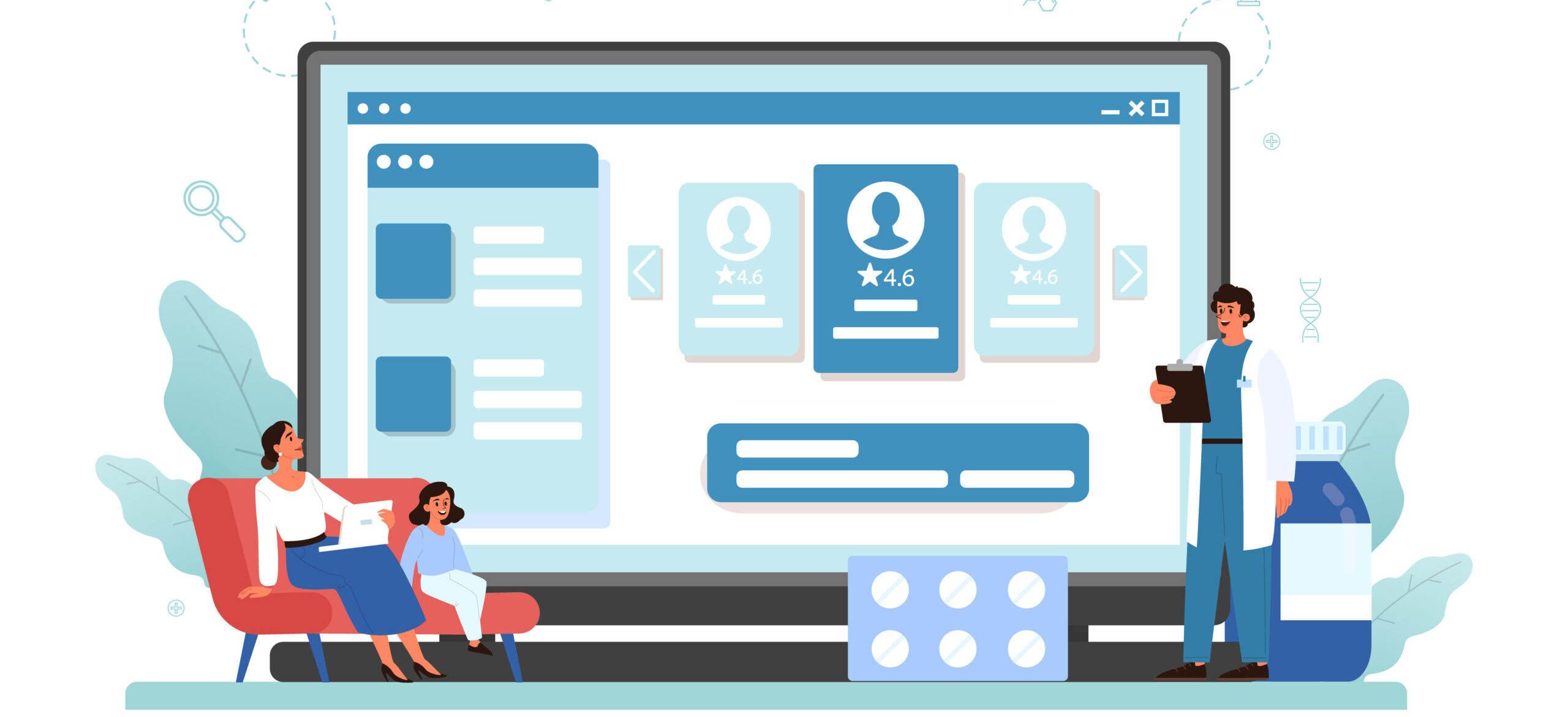Medical Software Programs Are Changing Healthcare
Medical software programs have revolutionized how healthcare providers manage their practices, from tracking patient information to scheduling appointments and billing. This blog post explores some of the most commonly used medical software programs and their benefits.
Medical Software Programs Are Changing Healthcare
Patient Tracking
One of the most critical aspects of healthcare is keeping accurate records of patient information. Patient tracking software allows healthcare providers to manage patient data, including medical history, medications, and allergies. This software ensures that medical professionals have access to all the necessary information to make informed decisions about patient care.
Patient tracking software also allows healthcare providers to monitor and manage patient appointments, track lab results, and coordinate with other healthcare professionals involved in the patient’s care. With this information easily accessible, healthcare providers can provide timely, effective, and efficient patient care.
Billing
Medical billing software is a program that helps healthcare providers manage their billing process, from creating and submitting invoices to managing payments and generating financial reports. This software can significantly reduce administrative errors and save time for medical professionals, allowing them to focus on providing quality patient care.
Billing software can also help healthcare providers manage their accounts receivable, ensuring that payments are made promptly and collections are managed effectively. In addition, this software can integrate with electronic health record (EHR) systems to streamline the billing process, reducing the risk of errors and increasing accuracy.
Appointment Scheduling
Scheduling appointments can be tedious and time-consuming, especially in busy medical practices. Appointment scheduling software simplifies this process by allowing patients to book appointments online, reducing the need for phone calls and administrative work.
Scheduling software can also help healthcare providers manage their schedules, ensuring that appointments are scheduled efficiently and there is no overlap. This software can also send automated reminders to patients, reducing the number of missed appointments and improving patient satisfaction.
Telehealth
Telehealth software has become increasingly popular, particularly during the COVID-19 pandemic. This software lets healthcare providers connect with patients virtually, providing remote care services. Telehealth software can be used for various healthcare services, from routine check-ups to post-surgery follow-up appointments.
Telehealth software allows healthcare providers to offer services to patients who live in remote areas, have mobility issues, or cannot visit the clinic. This software also improves patient access to healthcare services and reduces the risk of exposure to infectious diseases.
EHR
Electronic health record (EHR) software is a digital version of a patient’s medical record. This software allows healthcare providers to access patient information quickly and easily, improving the efficiency of patient care. EHR software can also reduce administrative errors and improve patient safety by providing accurate and up-to-date information.
EHR software can also improve communication between healthcare providers, allowing them to share information and collaborate on patient care. This software can also generate reports on patient data, improving clinical decision-making and patient outcomes.
Need To Hire A Medical Software Developer?
If you’re a healthcare provider looking to integrate medical software into your practice, you may need the services of a software developer. A software developer can help you choose the right software programs for your training and integrate them into your existing systems.
When choosing a software developer, it’s essential to consider their experience, qualifications, and portfolio. Look for a developer with experience working with medical software programs and understanding the healthcare industry’s unique needs.
Medical software programs have improved efficiency, accuracy, and patient care, allowing healthcare providers to provide high-quality patient services. To integrate medical software into your practice, consider each program’s benefits and consult a medical software developer online.

















